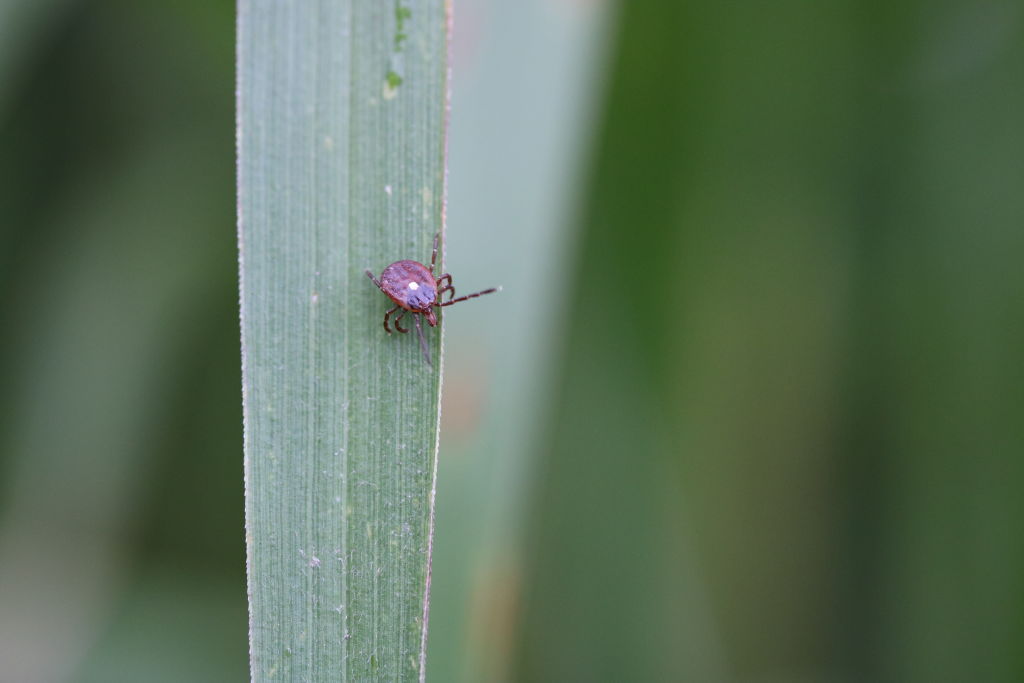A red-meat allergy caused by tick bites is on the rise in the United States, the Center for Disease Control and Prevention (CDC) announced last week. Since 2010, up to 450,000 may have been affected by this allergy—known as Alpha-gal Syndrome (AGS)—the CDC said in two recent studies.
The CDC warns this allergy “is a serious, potentially life-threatening allergic condition” that “can be found in meat (pork, beef, rabbit, lamb, venison, etc.) and products made from mammals (including gelatin, cow’s milk, and milk products).”
A recent viral tweet about the AGS allergy suggests that the allergy is new and is being weaponized by the government to fight climate change. There is no evidence to suggest that the government is “weaponizing” ticks, and the claim that the insect is “suddenly” giving people allergies is false.
While the CDC studies that found widespread prevalence of AGS were released just this week, this tick-borne allergy is not a sudden phenomenon, as Josie Glabach, the author of the tweet, suggests.
The allergy was first discovered in 2007 by Thomas Platts-Mills, an allergy researcher and professor of medicine at the University of Virginia. This revelation came about when Platts-Mills unknowingly developed the allergy himself. What began as a breakout of hives after a lamb dinner turned into a significant finding of AGS, caused by saliva from Amblyomma americanum, which is more commonly known as the lone star tick (the CDC says that other subspecies of ticks, in addition to the lone star tick, have not been ruled out).
Awareness and publicization of the AGS is not a new development either. A 2013 primer from the Lyme Disease Association warned that the lone star tick is capable of transmitting various “agents,” including AGS. News of the red-meat allergy spread through lone star ticks was widely covered more than a decade ago in outlets such as CNN, the Wall Street Journal, Science, and NPR, among others.
According to one of the recent CDC studies, suspected cases primarily emerged from “southern, midwestern, and mid-Atlantic” regions of the United States.
If you have a claim you would like to see us fact check, please send us an email at factcheck@thedispatch.com. If you would like to suggest a correction to this piece or any other Dispatch article, please email corrections@thedispatch.com.









Please note that we at The Dispatch hold ourselves, our work, and our commenters to a higher standard than other places on the internet. We welcome comments that foster genuine debate or discussion—including comments critical of us or our work—but responses that include ad hominem attacks on fellow Dispatch members or are intended to stoke fear and anger may be moderated.